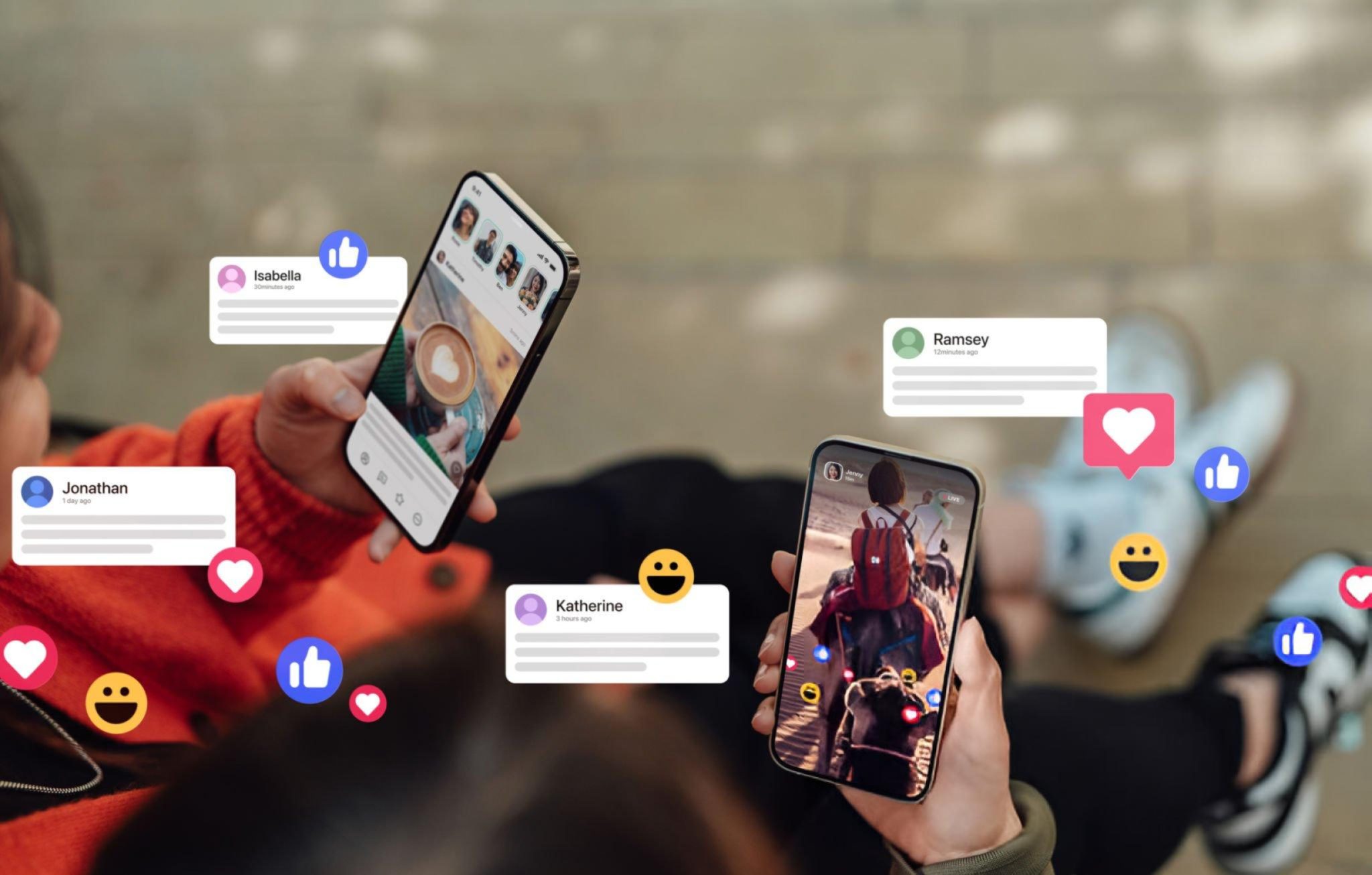Teachers across the UK have raised the alarm over the growing influence of social media personalities such as Andrew Tate, warning that their content is fuelling a troubling rise in misogyny, sexism, and disruptive behaviour among pupils.
According to a recent survey by the NASUWT teaching union, nearly three in five teachers (59%) believe that social media has significantly contributed to deteriorating pupil behaviour in schools. The findings, based on responses from more than 5,800 members surveyed in January, have been released as part of the union’s annual conference, held over Easter in Liverpool.
Delegates are due to debate a motion which raises serious concerns over far-right and populist groups shifting their recruitment efforts to online platforms such as social media, messaging apps, and even online gaming. The union is calling for collaborative efforts between educators and the Government to assess and address the risk posed by such movements to young people.
Several teachers responding to the NASUWT survey referenced the harmful impact of Andrew Tate on male pupils. One teacher reported: “I have had boys refuse to speak to me and instead speak to a male teaching assistant because I’m a woman. They idolise Andrew Tate and his views on women. These boys were just 10 years old.”
Another described how the “Andrew Tate phenomenon” had changed dynamics in an all-boys school, particularly in a low socio-economic area, affecting how pupils interacted with female staff and peers. Instances of boys barking at female teachers and blocking doorways were cited as examples of inappropriate behaviour inspired by content from the controversial influencer.
In one particularly troubling case, a group of boys insisted on writing persuasive essays defending Andrew Tate as the “GOAT” (Greatest of All Time), even praising his view that “women are a man’s property.” Their parents were contacted, and many were reportedly appalled.
Teachers also noted that the influence of figures such as Tate and former US President Donald Trump had led to an increase in racist, homophobic, transphobic, and sexist comments from pupils. One teacher remarked that students often “don’t believe there will be consequences” for their words or actions.
NASUWT General Secretary Patrick Roach reflected on violent incidents last summer — including the shocking murder of three girls at a dance class in Southport — which he said were sparked by online extremism. He warned that without urgent action, such tragedies may not be the last.
A motion passed on Friday at the union’s conference acknowledged the ongoing impact of last summer’s violence on school and college communities, saying it continues to put safety and security at risk.
The recent television drama Adolescence, which delves into so-called incel (involuntary celibate) culture, has further ignited national conversations around online influence and safety. Prime Minister Sir Keir Starmer, hosting the creators of the Netflix series at Downing Street last month, acknowledged the lack of a “simple solution” to prevent boys from being pulled into what he called a “whirlpool” of misogyny.
Mr Roach emphasised the urgent need for a nationwide, multi-agency strategy: “Teachers cannot be left alone to deal with these problems. We need to improve social media literacy, critical thinking, and expose disinformation and false narratives. Government leadership is vital in tackling the root causes of poverty and online radicalisation.”
A Department for Education (DfE) spokesperson echoed concerns: “We know dangerous influencers are harming our children. Education can be the antidote to hate, and the classroom should be a place where critical thinking is developed. We’re supporting schools with resources and protections under the Online Safety Act.”
The Liberal Democrats described the findings as “shocking, but not surprising”. Munira Wilson, the party’s spokeswoman for education and families, called for a “safer screens” task force, suggesting fines from breaches of the Online Safety Act be reinvested in school-based digital literacy education.
As schools battle a surge in online-fuelled misogyny and extremism, calls are growing louder for a coordinated national response — to ensure that schools remain safe, inclusive spaces for learning.






